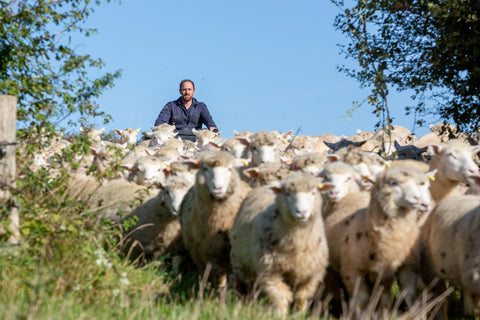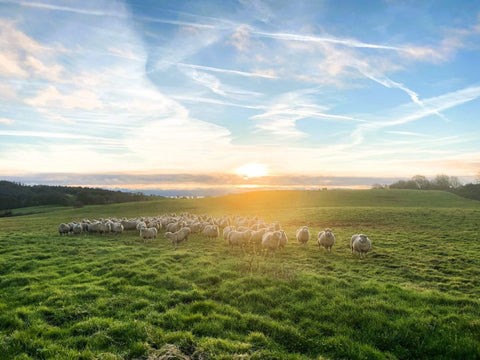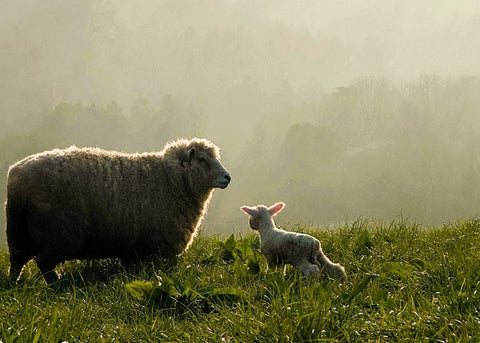Nestled in the lush countryside of East Devon, Farm2Fork is a shining example of holistic farming in action. Inspired by the principles outlined in Allan Savory’s Holistic Management, a concept developed in the 1960s, our farm prioritises sustainability, regeneration, and interconnectedness.
Understanding ecosystem processes and how to work with nature is central to our approach, helping us create healthier, more productive land. These processes include:
- The Water Cycle – The movement of water from the atmosphere to soil and back, and how it affects plant and animal life.
- The Mineral Cycle – The circulation of minerals and nutrients essential for thriving soil, plants, and animals.
- The Biological Community – The ongoing development of diverse biological communities that sustain the land.
- Energy Flow – The transformation of sunlight into energy that fuels all life within the ecosystem.
The 3 P’s: People, Planet, and Profit
At the heart of our holistic farming approach are the three P’s – People, Planet, and Profit. These principles guide every decision we make, ensuring a balance between environmental health, animal welfare, and economic sustainability.
- People – Farming should support those who work the land and the local community, fostering knowledge-sharing and food security.
- Planet – Regenerative practices protect and restore natural ecosystems, ensuring long-term land health.
- Profit – Sustainable farming should be financially viable, allowing farms to continue operating and improving their impact.
Ollie’s Journey to Holistic Farming
Farmer Ollie White, the driving force behind Farm2Fork, is a fourth-generation farmer with a deep respect for the land. While farming experience runs in his blood, discovering Holistic Management was a transformative moment. It offered a framework for farming that considers not just the immediate outputs, but the entire ecosystem and its long-term health.
Regenerating the Land Through Planned Grazing
One of the key holistic farming techniques we use at Farm2Fork is planned rotational grazing. By moving livestock strategically across the land, we mimic the natural grazing patterns of wild herbivores. This method:
- Allows grasses to recover, improving soil health and preventing overgrazing.
- Enhances biodiversity, encouraging the growth of a wider variety of plants and insect life.
- Boosts soil’s ability to store carbon, helping mitigate climate change.
- Improves water retention, reducing runoff and drought risk.
- Supports happier, healthier animals, as they graze on fresh, nutrient-rich pastures.
Unlike conventional rotational grazing, holistic planned grazing explicitly adapts to the four fundamental ecosystem processes, ensuring both livestock production and social welfare are considered equally.
Ethical, Nutrient-Dense Food for Consumers
For our customers, holistic farming means ethical, high-quality, nutrient-rich meat.
- Animals enjoy a better quality of life, with the freedom to roam, graze, and express natural behaviours in low-stress environments.
- Meat from pasture-raised livestock is naturally more nutritious and flavourful, benefiting from a diverse, chemical-free diet.
- Consumers can trust that their choices support a sustainable, humane farming system.
Growing Life, Not Just Food
At Farm2Fork, we are not just growing food – we are regenerating life.
Our commitment to holistic farming ensures that land, animals, and people all thrive together. Ollie’s journey is one of passion, resilience, and hope for a future where farming is not only productive but also regenerative.
By choosing ethically raised, nutrient-rich meat from Farm2Fork, you’re supporting a healthier planet, thriving local communities, and a future where farming works in harmony with nature.









Comments (0)
There are no comments for this article. Be the first one to leave a message!